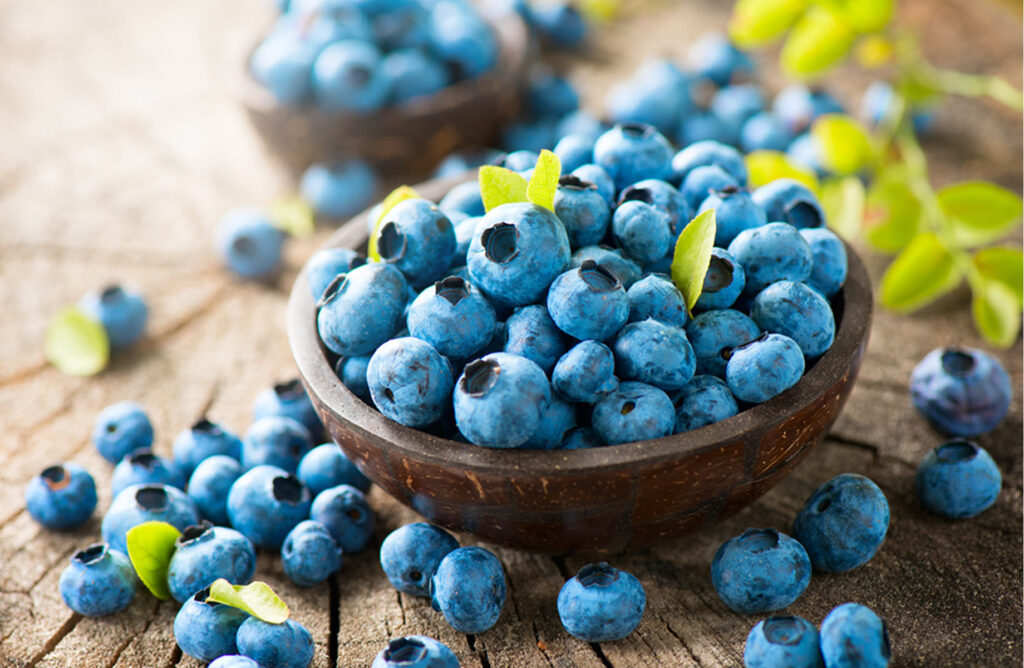There are many kinds of liver diseases that can affect older adults, including hepatitis viruses.
Liver disease can be a serious problem that can lead to complications, including death. Liver health is extremely important since the liver performs a lot of vital functions, including breaking down toxins, making proteins and cholesterol, and storing nutrients. One way to help your aging relative to manage liver disease is through the foods they eat. Certain foods can improve liver health, but others can cause harm.

Healthy Food for Liver Disease
Oatmeal
Fiber is important to keep the liver performing at its best. Oatmeal contains a great deal of fiber. It has also been associated with helping people to lose weight, especially belly fat, which can improve liver health.
Coffee
If your older relative likes to start the day with a hot cup of coffee, there’s good news! Coffee is considered one of the healthiest beverages for the liver. Research indicates it reduces the risk of cirrhosis and may even protect against liver cancer.
Blueberries
Blueberries contain polyphenols. Polyphenols have been linked to protecting the liver from nonalcoholic fatty liver disease. Try adding a serving of blueberries to your older family member’s diet about three to four times per week.
Foods That Can Harm the Liver
Fatty Foods
Foods that contain a lot of saturated fat can harm the liver because they make it work harder. As time goes on, fatty foods can cause inflammation in the liver, which can then cause scarring. Scarring of the liver is known as cirrhosis.
Sugar
One of the jobs of the liver is to convert sugar into fat. When your aging relative eats too much sugar, the liver has to work harder. In addition, the excess fat made by the liver tends to hang around the liver, causing fatty liver disease.
Salt
Although the body needs some salt, many people eat more than they need. A diet high in salt has been associated with fibrosis, which is the beginning of scarring in the liver. Avoiding pre-packaged foods, using herbs and spices instead of salt, and eating fresh vegetables instead of canned are all good ways to cut back on salt in your aging relative’s diet.
Elder care can help your aging relative to eat a diet that supports the health of their liver. Elder care providers can assist with planning meals and going grocery shopping with the older adult. An elder care provider can even make your loved one’s meals and clean up the kitchen afterward.
Sources


